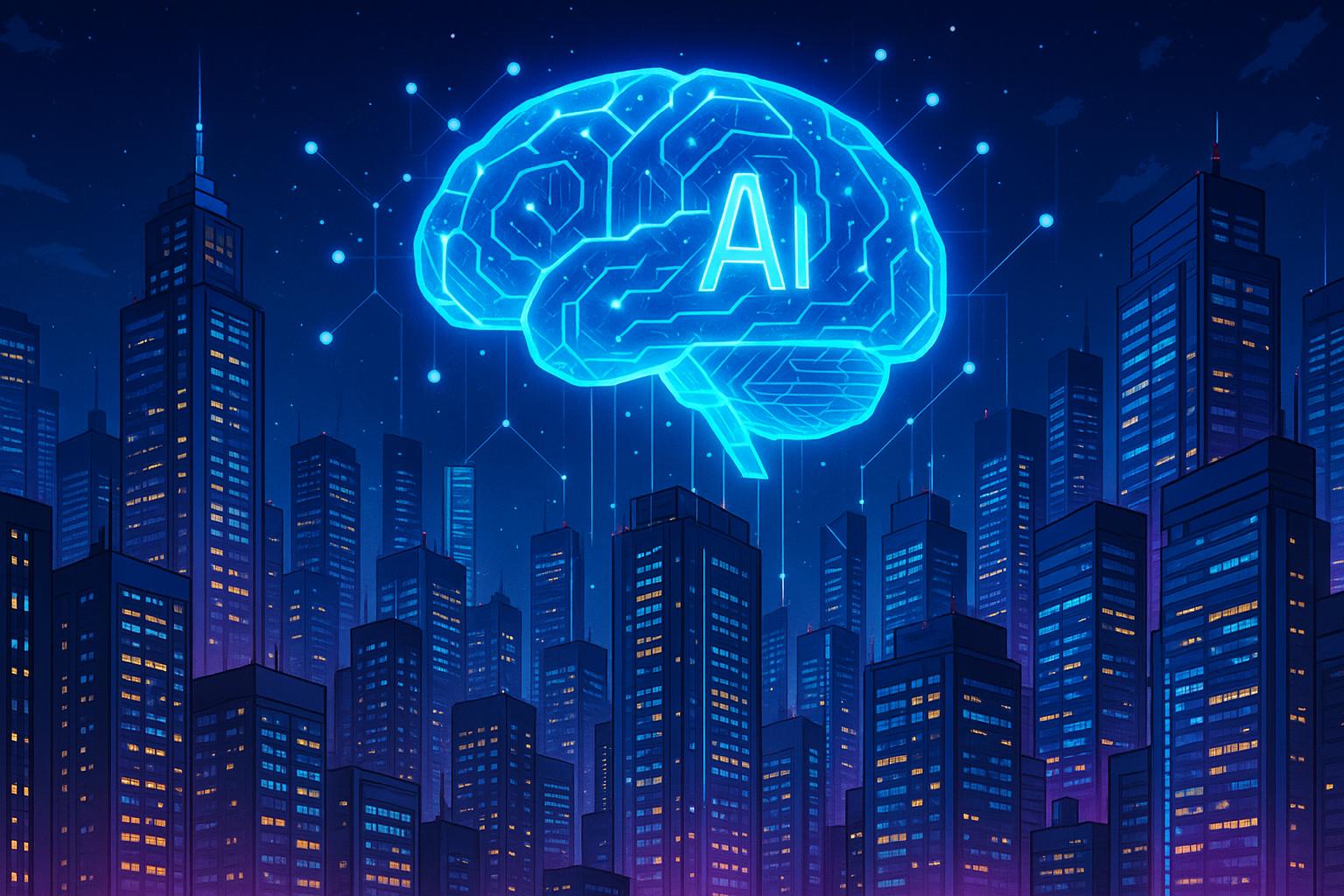The global landscape of artificial intelligence-generated content is undergoing a transformative expansion, with the market projected to flourish from USD 1 billion in 2025 to USD 1.8 billion by 2032, reflecting a robust compound annual growth rate (CAGR) of 14%. In a recent market study conducted by HTF Market Intelligence, trends indicate that this substantial growth is primarily driven by technological breakthroughs and an escalating demand for scalable content generation across various sectors, including media, marketing, education, and entertainment.
As detailed in the research, the increasing deployment of large language models has been cited as a significant factor propelling growth in the generative AI market. A related report from Technavio anticipates the generative AI market to soar by USD 97.75 billion from 2024 to 2028, highlighting a staggering CAGR of 50.22%. This surge confirms a broader trend towards AI-generated content, indicating a notable shift in how businesses interact with their audiences, particularly on platforms like social media where instant content generation is becoming crucial.
Major players in the market include industry titans such as IBM Watson, Adobe, NVIDIA, and Google DeepMind, collectively responsible for advancing capabilities within the realm of AI content creation. Their ongoing investments reflect a commitment to harness AI's potential to produce human-like text, images, videos, and music, traditionally reliant on human effort. However, challenges remain. As the sector grows, so do concerns regarding the authenticity, bias, and quality of AI-generated outputs, which companies must navigate to maintain credibility and comply with ethical standards.
North America currently dominates this sector, accounting for a significant portion of the global share, thanks in part to substantial investments from leading tech firms and a thriving ecosystem of startups. Asia-Pacific, conversely, has emerged as the fastest-growing region as businesses increasingly adopt AI technologies to enhance their operations and engage with consumers more effectively.
The market is not without its challenges. Quality control issues, ethical considerations surrounding originality, and potential conflicts with intellectual property laws remain pressing concerns. The industry is witnessing a fierce competition not only among AI systems but also with traditional human creators, prompting ongoing advancements in the technology to ensure contextual relevance and creativity.
In light of these dynamics, opportunities for innovation abound. Businesses are exploring automated content creation and the integration of AI tools within social media platforms, striving to develop solutions that not only meet industry demands but also address the ethical implications of AI usage. While notable strides have been made, the journey ahead involves reconciling the efficiency of automation with the nuances of genuine creativity.
In discussions of future developments, IBM’s CEO Arvind Krishna has emphasised that the potential for AI adoption could 'explode' as models become cost-effective. He indicated that much of the enterprise data remains untapped, presenting significant opportunities for deeper AI applications across various sectors. The pressing need for content automation is amplified by the evolving digital marketing landscape, where firms are increasingly focusing on personalised consumer experiences.
With the landscape poised for growth, the intersection of technological innovation, market demand, and ethical considerations will play a pivotal role in shaping the future of AI-generated content. The horizon looks promising, yet it underscores an imperative for all stakeholders to engage thoughtfully in this ongoing evolution.
📌 Reference Map:
- Paragraph 1 – [1], [2]
- Paragraph 2 – [2], [3]
- Paragraph 3 – [1], [4], [5]
- Paragraph 4 – [1], [6]
- Paragraph 5 – [1], [2], [7]
- Paragraph 6 – [4], [5]
Source: Noah Wire Services
